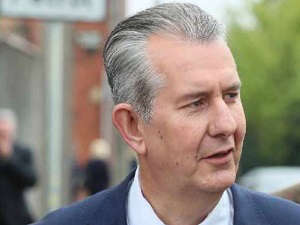
Q Radio News/PA
The consequences of war in Ukraine must be factored into planned climate change laws for Northern Ireland, MLAs have been told.
Agriculture and environment minister Edwin Poots stressed the importance of Northern Ireland protecting its domestic food production industry as he warned of the potentially huge global ramifications of the conflict.
Mr Poots made the comments as MLAs debated a number of amendments to the draft climate change legislation.
There were a total of 70 amendments to be debated, which dealt with methane, interim emission targets, carbon units and carbon budgets.
The DUP minister had mixed fortunes in amending the Bill in a late-night debate on Monday, succeeding with one key amendment but failing with another.
He had earlier urged MLAs to back his amendments to the legislation that sought to minimise the effect on the agriculture sector.
At a previous Assembly stage, members voted to significantly amend Mr Poots’s draft climate change Bill.
An amendment increased his proposal for an 82% reduction in emissions by 2050 to a net zero emission target by the same date.
The minister, who has warned that the more ambitious target could have devastating consequences for the agriculture sector, was seeking to further amend the Bill to provide protections for the farming industry.
At the Assembly’s further consideration stage, Mr Poots urged MLAs to back an amendment that proposed that the overall net zero target should incorporate a different target for methane gas of 46% reduction by 2050. A majority of MLAs backed that amendment on an oral vote.
However, he failed to secure another amendment which had proposed that greenhouse gas emissions from agriculture sources should not be included when measuring Northern Ireland’s progress in reducing emissions. A majority of MLAs rejected that late on Monday.
He said the consequences of the climate change targets in the amended bill had become “even more clear” since the last debate at the start of February.
“No-one anticipated war in Europe in this century,” he said.
“No-one anticipated that the second largest producer of fossil fuels in the world – of oil and gas – would invade one of the largest food providers in the world.
“And we are living in a circumstance where the things that we use every day, the light that we switch on in the morning, the kettle that we boil, the toast that we put in the toaster, are all impacted by what’s happening many thousands of miles away, but we are all impacted by it.
“And the potential and the significance of it are absolutely huge and they are ground changing for the rest of the world in the impact that could be had.
“Ukraine has enough food to feed 600 million people. If this becomes a protracted war, where harvests aren’t planted, the implications will be felt this year on the rest of the world in terms of the supply of food, including breads, chicken, dairy products all those things.
“Russia is one of the largest suppliers of nitrogen fertiliser, as well as oil and gas, and the inevitable sanctions that will be imposed upon them – and the only sanctions that will make any real difference to Russia I believe is sanctions which include their oil and gas – but whenever that filters through, that’s going to apply further pressure on us.
“Therefore decisions that we make in this country must be in the best interest of the people that we represent.
“And one of them should be that we sustain our ability to produce food for the people that live in these islands.”
Sinn Fein MLA Philip McGuigan told the Assembly he thought Mr Poots’s bid to exclude agricultural emissions from the measurement of Northern Ireland’s emission output was an early April Fool’s joke.
“The North needs a climate Bill that is ambitious, fair and deliverable,” he said.
Mr McGuigan said the legislation had to be fair to all sectors of society.
“I have said at every stage of this debate that no sector of our society can be left behind.”
In Monday’s debate, Sinn Fein failed with an amendment that would have required “fair and proportionate” methane reductions.
Mr McGuigan said that proposal would provide protection for the agriculture sector.
“This should never have become a battle between agriculture and environment and whilst that may have suited some in this chamber to frame it that way it has done a disservice to this climate legislation debate,” he said.
“In my view, the same could be said of the minister’s amendment number 17 to exclude the agriculture sector from the outworking of this Bill.
“It is a total nonsense amendment. I actually thought that the amendment when I first saw it was an early April Fool’s joke.
“The minister needs to realise that we need to move on climate change and to protect our farmers and agri-food sector here, as in the north it will be they who in years to come will be hit hardest by the impact of global warming.
“He is the Minister for Agriculture, Environment and Rural Affairs and he needs to start acting as such.
“We can have ambitious climate legislation that protects our environment and protects our agriculture sector. Both are dependent on the other.”
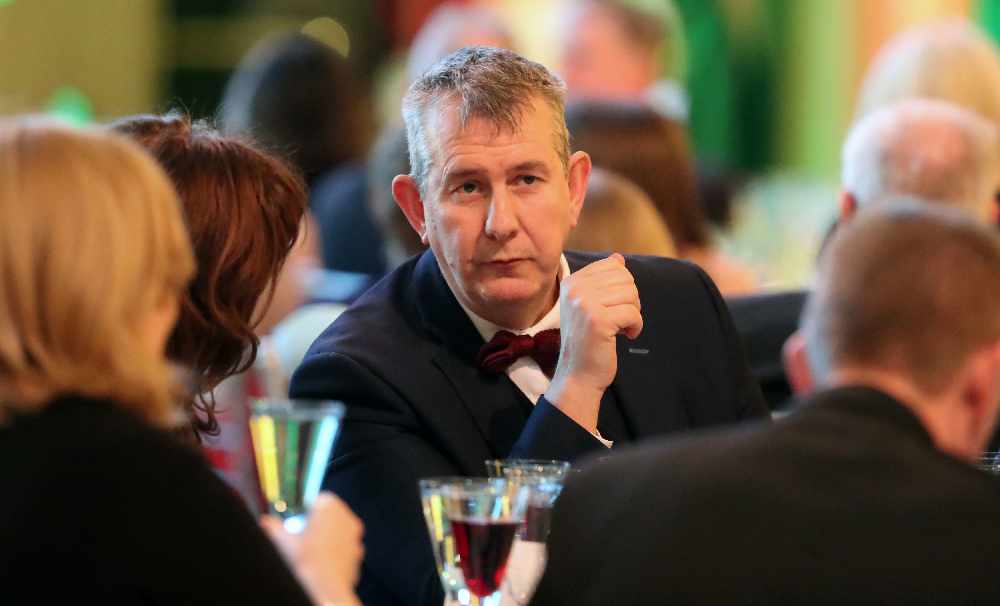 Agriculture and environment minister Edwin Poots stressed the importance of Northern Ireland protecting its domestic food production industry as he warned of the potentially huge global ramifications of the conflict
Agriculture and environment minister Edwin Poots stressed the importance of Northern Ireland protecting its domestic food production industry as he warned of the potentially huge global ramifications of the conflict


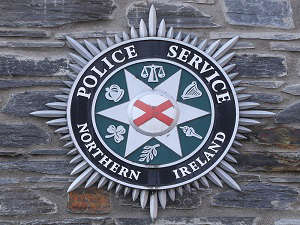 Teenage girl killed in road crash named as Kamile Vaicikonyte
Teenage girl killed in road crash named as Kamile Vaicikonyte
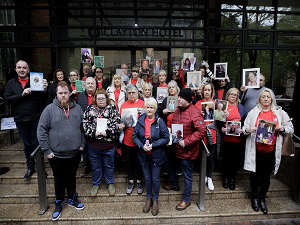 Covid-19 inquiry ‘an opportunity for candour’ from Stormont leaders
Covid-19 inquiry ‘an opportunity for candour’ from Stormont leaders
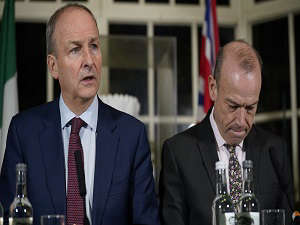 UK and Irish ministers to meet amid row over migration
UK and Irish ministers to meet amid row over migration
 Three men set to go on trial for murder of journalist Lyra McKee
Three men set to go on trial for murder of journalist Lyra McKee
 Swann refuses to rule out resigning if budget is not changed
Swann refuses to rule out resigning if budget is not changed